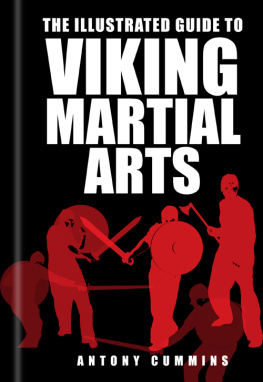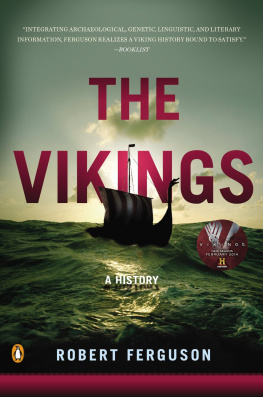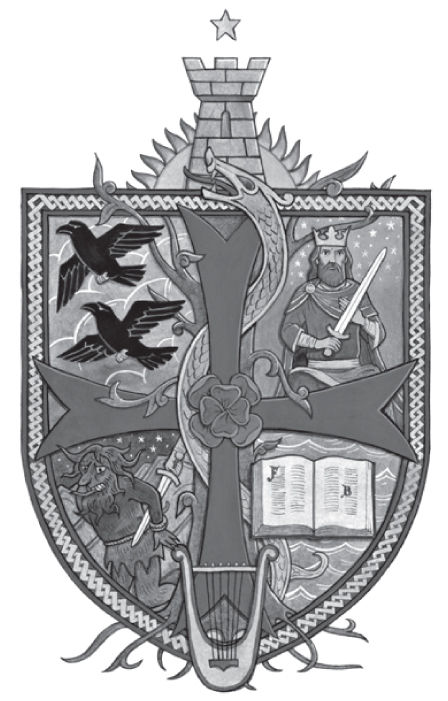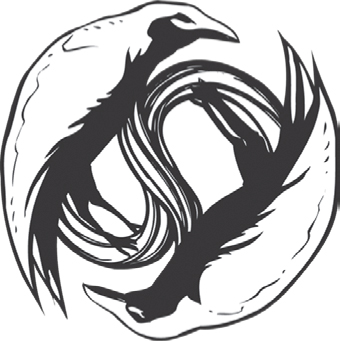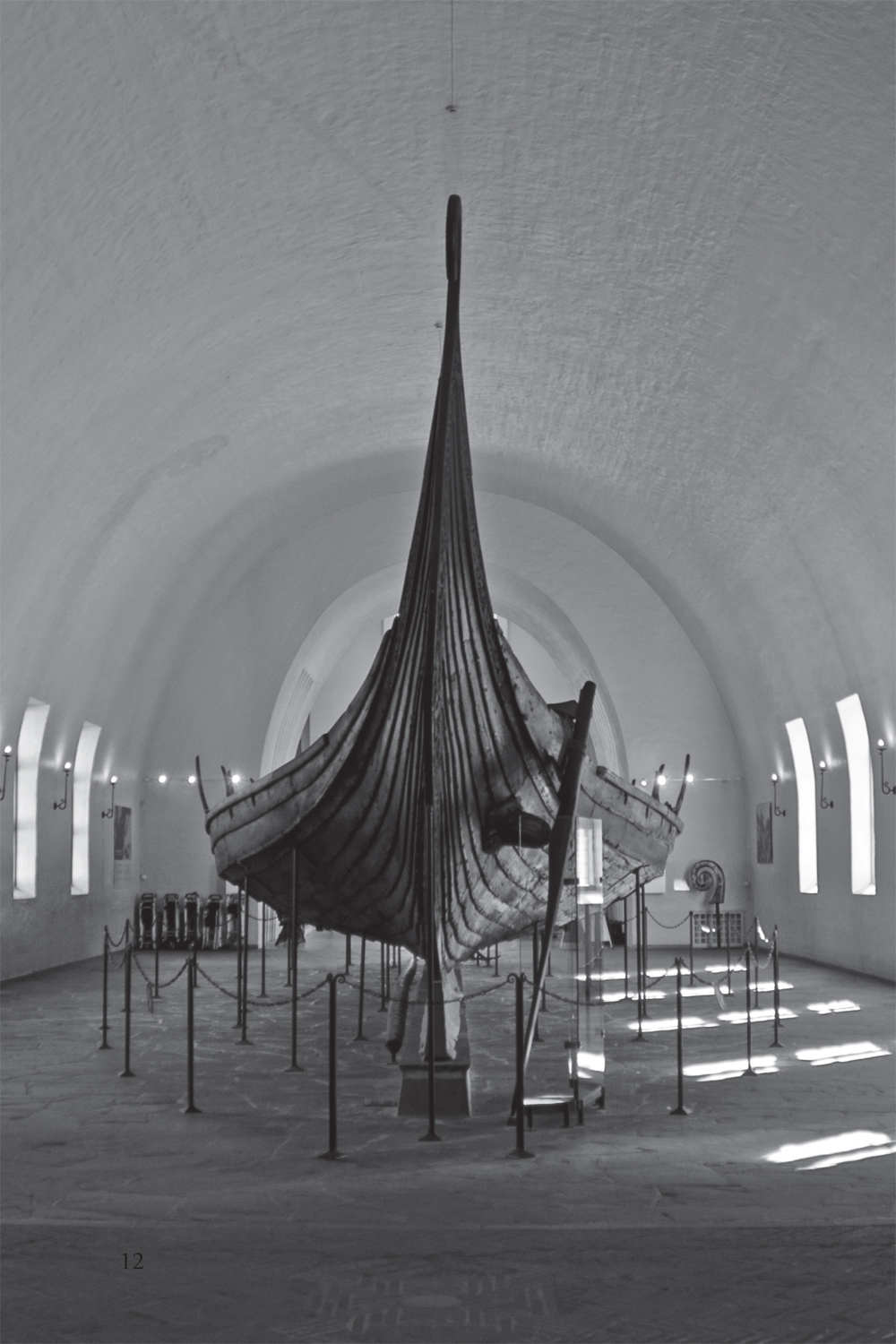TORGRIM TITLESTAD
VIKING LEGACY
TRANSLATED BY LARS WALKER
Saga Bok AS
The Saga Publishing Company
2018
For Martin
Viking Legacy
A Cornerstone of World Civilization
2018 Saga Bok As / The Saga Publishing Company
Tilrettelagt for ebok av eBokNorden as
ISBN: 978-82-91640-94-5 (ePub)
Translated by Lars Walker
Consultant: Professor John Hines
Front cover photo: Morten Falch Sortland [GettyImages # 652772294]
Illustrations in this book are from Snorri's Heimskringla.
Additional illustrations:
iStock-118082480-bw.jpg [p.10]
The Oseberg ship by Marisol Vaca [p.12]
Queen Boudica defeats the Romans [p. 20]
For further information:
www.sagapublishingcompany.com
www.sagabok.no
TABLE OF CONTENTS
Note on the translation of place- and personal names
Anyone who studies the wide range of books about the viking age will find that the spelling of old norse names varies widely, with up to four variants of, for instance, a name such as hkon:
1.Hkon
2.Hakon
3.Haakon
4.Hkon
In this book, we have decided to carve a path through the tangle of old norse name-forms preferred by different authors and their linguistic principles, and to stick to the modern scandinavian, specifically the norwegian, linguistic guidelines. Hkon is therefore the written form for the four variants of the one name given above. This rule is followed by modern English authors such as John Haywood (The Vikings, 1999) and Robert Ferguson (The Vikings, 2009). Similarly, we have Bjrn for Bjrn, etc. In this way, non-Norwegian readers will be in a position to identify the names should they visit Norway.
For information for the attentive reader: both and are pronounced as a long aw.
HUGIN & MUNIN
HERALDS OF THE VALUE OF HISTORICAL KNOWLEDGE
Little has been written about the role of Hugin and Munin in the Norse world view. Hugin and Munin were two ravens who kept Odin, the Allfather, constantly updated on world events. These ravens were his chief sources of information for events on earth.
Hugin flew out from Valhalla each morning to fetch the daily news of the whole world for Odin. Munin represented memory: that is to say, the history of the world throughout all ages, a fund of knowledge increased each day by Hugin. Thus Munin was Odins great historical archivist and interpreter. For that reason the Allfather was afraid about them not returning at sundown; most of all, though, he feared losing Munin. This fear may be interpreted as meaning that he was frightened of losing the knowledge of history itself, of becoming an historical amnesiac.
The importance of historical knowledge in the Norse communities is also evident when one reads the ancient skaldic poem, Volusp. It recounts what comes to pass after the destruction of the world. Then the gods will assemble on the plain of Idavoll and contemplate the historical causes of the worlds destruction yet further testimony to the centrality of historical knowledge to Norse culture. It was perhaps no accident that the Icelanders in particular preserved this Norse historical knowledge through the composition of sagas.
PREFACE
I ndisputably the most popular form of government in the modern world is democracy, with its freedom of speech, of religion, expression, and organization most especially individual liberty. Research over several decades has documented the fact that the most advanced forms of social freedom to date have developed in the Scandinavian countries of the northern hemisphere. Womens equality in Scandinavia is also far advanced in comparison with various other societies around the world. One piece of evidence of this fact is foreign immigration into Scandinavia for the purpose of benefiting from the social and political rights Scandinavians have enjoyed since the 19th century. In light of this, one might inquire whether democracy is a product of the last few centuries in Scandinavia, or whether it has other, deeper roots.
When it comes to forms of democracy, the dominant conception in modern media and education, be it television or other forms, is that democracy is a cultural inheritance that arose in Greek antiquity, beginning around 500 B.C. There is no doubt that classical democracy, as a concept and a form of government, was an advanced product of Greek antiquity. But Athenian democracy ended around 400 B.C., and was primarily taken up as an intellectual challenge by European elites after the 16th Century A.D.. Is it possible to demonstrate other and deeper roots for modern democratic development in the world, roots underestimated until now? Might the answer be found in the history of the Scandinavian lands, where democracy has achieved its highest development in our times?
Vikings and democracy: an impossibility?
If we look back over Scandinavian history, we note that the Scandinavian countries share a common past in the Viking Age (itself a relatively modern concept) 1,000 years ago. We would also point out that for many years the Viking Age has enjoyed and continues to enjoy a very central position in international historical conceptions, in books, magazines, television, and other electronic media.
Every year new literature on this period appears a sure sign of the central place it holds in world culture. Nevertheless, most people associate the Vikings with warfare, violence, aggression, and ruthless brutality not at all with democracy. Compared with other civilizations of world history, the Vikings have been stereotyped as primitive and barbaric. In one extreme case, the opinion was expressed that the Vikings could be compared to the German Waffen SS. The author of that statement thought that Scandinavians have much to apologize for. Such opinions are an expression, more than anything else, of historical ignorance.
What was the Vikings contribution to world history?
The Vikings were brutal warriors, but certainly no more so than warriors from outside their Scandinavian homeland. The worst modern societies display a barbarism that eclipses the Vikings raids of a thousand years ago. This is a good reason for examining more closely the specific culture of the Vikings. What was their distinctive contribution to world history, beyond the same kind of violence that has characterized most societies throughout history? In order to do that, we need to focus on the way the Scandinavians organized their culture. And here we discover a couple of remarkable facts:
An important explanatory factor: Scandinavia escaped Roman rule
While the Romans were occupying country after country in North Africa, the Middle East, Asia Minor, and Europe with extreme brutality, Scandinavia remained outside Romes sphere of oppression as well as its linguistic and cultural dominance. Latin stifled many of the languages and cultural expressions of the conquered peoples. The year A.D. 9 marks a milestone in this regard. It may well be that Norway was fortunate to be located outside the military and cultural orbit of Rome. If Norway had lain within the area of Roman hegemony, the soul of the Norse system the
Next page
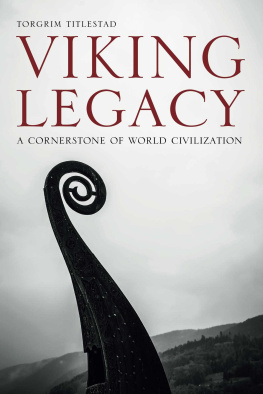
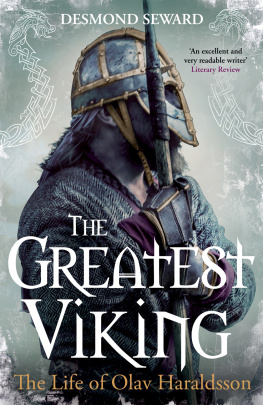

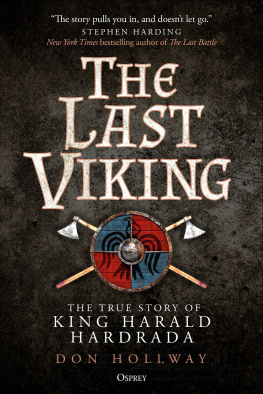
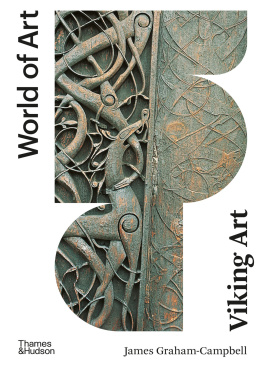
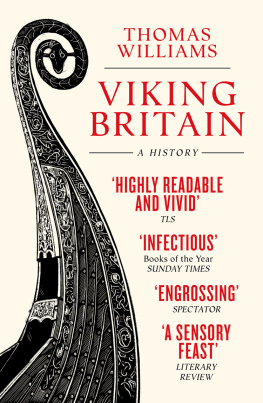
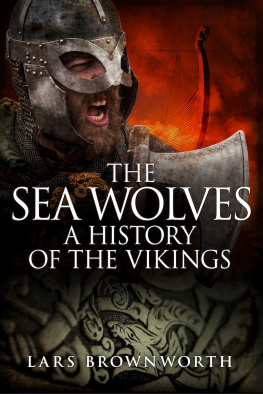
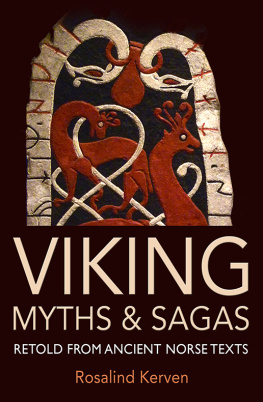
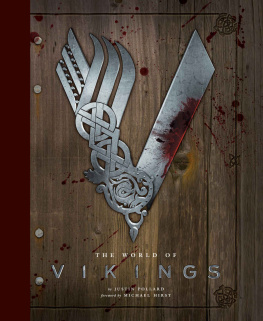
![Haywood - Viking: The Norse Warrior’s [Unofficial] Manual](/uploads/posts/book/98981/thumbs/haywood-viking-the-norse-warrior-s.jpg)
